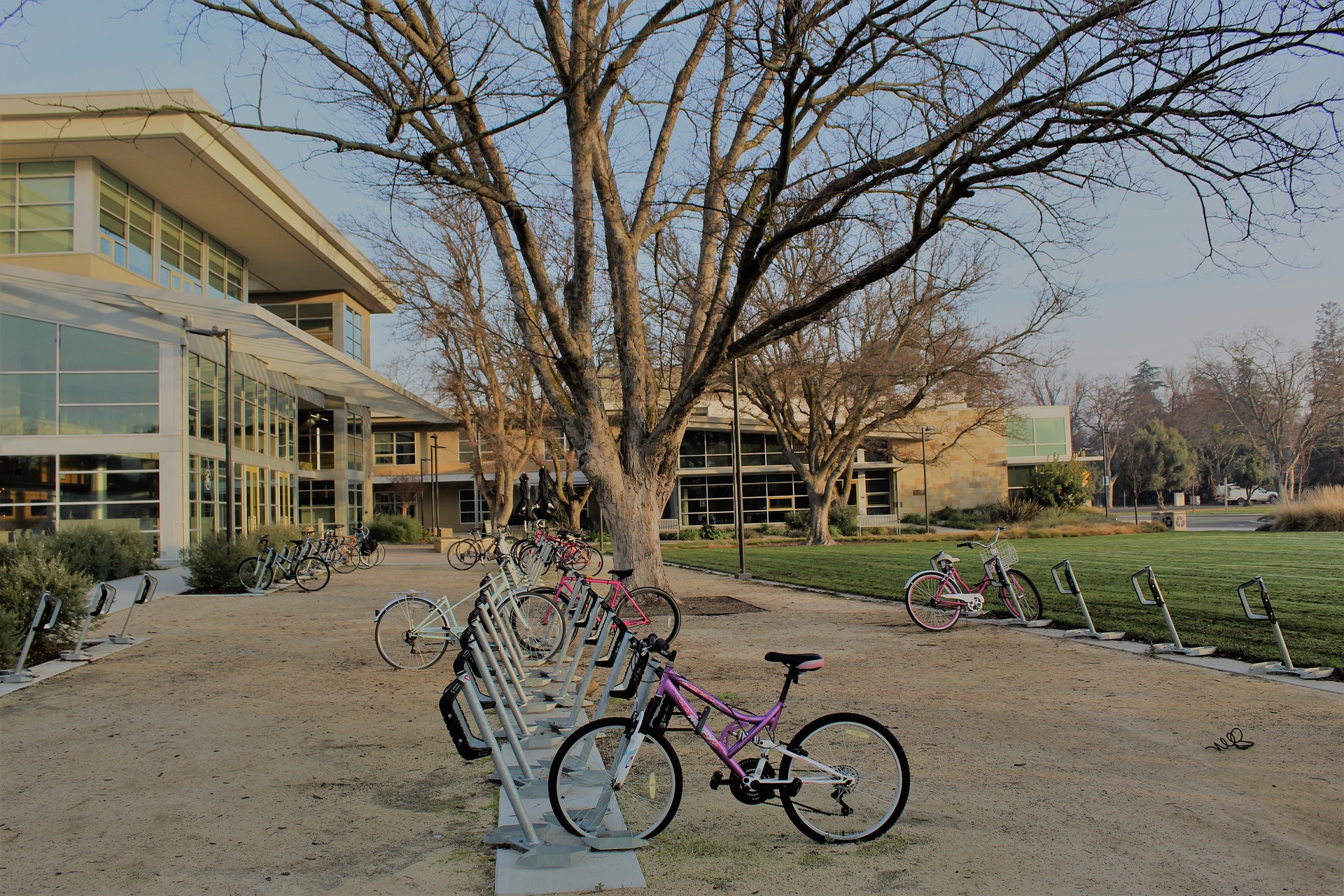June Monthly Action Plan – By Grade
What a month! We took a break on the blog from June 1-8, and we are now back with our regularly scheduled programming. Please find the June MAP below, and be sure to reach out to us via the contact form is you have specific questions about what you or your student can be working on this month.
Seniors
- Congrats, grads! If you love graduation speeches as much as me, check out a few of my favorites as you celebrate this amazing accomplishment:
-
-
- George Saunders, Syracuse (takeaway: regretting failures of kindness – be kind)
- Steve Jobs, Stanford (takeaway: stay hungry, stay foolish, listen to and follow your heart)
-
-
Juniors
- Obtain and review your final transcript (all grades from 9, 10, 11) ASAP after grades post. This is important so you can have your school correct any errors, and so you know exactly what colleges will see when they get your transcript.
- Now is an excellent time to start thinking about your application strategy. Even if you are not finished with testing, you’ll want to complete applications this summer.
- It might seem like a silly piece of advice, but many students are not aware that every college has a set of application instructions that are not located on the online application. Locate and read them for every school on your list before tackling the application process.
- Colleges may not open for tours before you submit early applications (in October or earlier). Spend time taking virtual tours and connecting with and learning about colleges in other ways (reaching out to current students and alumni is just one example!).
- As you begin writing essays this month, open a Common App account and begin filling out the base data (Profile, Family, Education, Testing, Activities).
- Many colleges don’t proactively ask for online resources, but you may have an interest in creating a digital portfolio (LinkedIn, SoundCloud, GitHub, YouTube channel, personal website, and/or blog) to supplement your other application materials.
Sophomores & Freshmen
-
- Work on a purpose project this summer!
- A purpose project is one that you design and implement (with our help if you’d like!), which taps into your interests and talents (the things you love, that bring you joy, that you want to study in college, or that you feel could best help your school, community, or the world); it is connected to a deeper purpose and has tangible outcomes that you set.
- Past projects from students include writing a children’s book, completing a literature review or book challenge, creating a trailer for a documentary (and founding a non-profit, a school club, an app), spearheading an innovative volunteer event, fundraising for an organization in a creative way (selling artwork, an Etsy shop, etc.), and hosting a yearly beach clean-up. The possibilities are endless, and colleges love seeing students take part in meaningful, self-directed work.
*Stay in the know! Subscribe*









